HBO’s Watchmen debuted to rave reviews, but there has been some pushback. There is a gulf of more than 50 percent between the Rotten Tomatoes scores given by critics and the ones given by users. This divide is not unprecedented and has become increasingly common for projects that generate a vocal political backlash from highly organized online fanbases such as Captain Marvel, A Wrinkle in Time, and Black Panther.
The show is certainly political. It opens with a stunning recreation of the Tulsa race riots, an act of violence that has been largely erased from American history books. However, the series’s most shocking provocation to a certain kind of fan was showrunner Damon Lindelof’s decision to make the comic’s hero Rorschach into an inspiring figure for a white supremacist movement within the show.
The original comic actually had relatively little to say on race, and African American characters were largely marginalized within the narrative. But Watchmen was always a political book, tapping into the ‘80s anxieties of urban decay and nuclear annihilation. The comic portrayed a version of the United States that was on the brink of either political collapse or atomic holocaust. Set in 2019, the Watchmen show is focused on modern concerns like police violence and racism.

But how did Rorschach become an icon of white supremacy? In the comic, Rorschach only fleetingly engages with issues of race. He attends the first (and only) meeting of the proposed costumed hero group the “Crimebusters,” at which Nelson Gardner (aka Captain Metropolis) identifies “black unrest” as a source of potential concern. He is also openly disdainful of his African American prison psychologist, although never in explicitly racialized terms.
Lindelof has acknowledged this ambiguity and gray area. Asked whether Rorschach was a white supremacist himself, Lindelof responded, “That’s not relevant. He’s dead. What’s interesting is that you can make a compelling argument that he was and I can make a compelling argument that he wasn’t.” To Lindelof, the question isn’t “Is Rorschach racist?” but “Would Rorschach’s worldview resonate with modern racists?”
Throughout Watchmen, Rorschach is repeatedly and consistently characterized as reactionary. When he speculates that the “pampered and decadent” Adrian Veidt (with his “shallow, liberal affections”) is “possibly homosexual,” it is not a value-neutral judgment. He describes Sally Jupiter as “a bloated, aging whore.” He dismisses the Comedian’s attempted rape of Jupiter as a “moral lapse.”
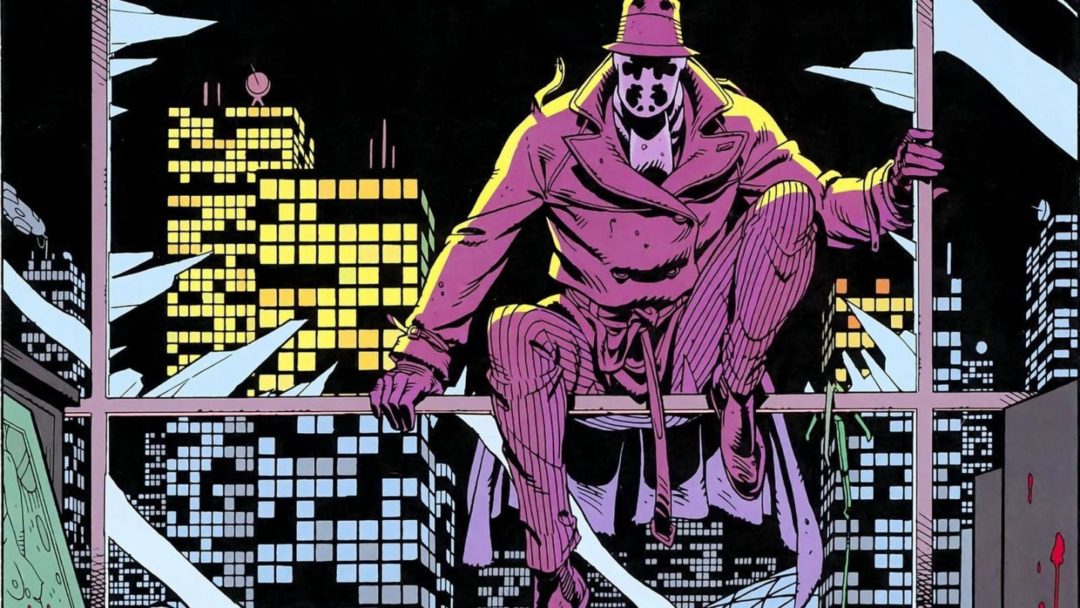
Rorschach is disdainful of the women around him. Informed of his mother’s death, he responds, “Good.” When he spots Laurie Juspeczyk having lunch with Dan Dreiberg, he immediately assumes that she masterminded a conspiracy to undermine national security by forcing Doctor Manhattan into exile “to make room for Dreiberg.” He also disparages her uniform.
Even outside of the simmering misogyny that drives his character, Rorschach shares a few other signifiers with the modern alt-right. He talks about his philosophy in a way that evokes the Red Pill, explaining his origin as the moment he “saw the world’s black underbelly and never surrendered. Once a man has seen, he can never turn his back on it.”
Over the years, Rorschach has accrued a very vocal and very strange fandom who are either blind to or encouraged by these reactionary tendencies, including Republican Senator Ted Cruz. Both Moore and Gibbons have been very explicit about how they see Rorschach. Although, Gibbons puts Rorschach “in the same kind of bag as Hitler and Margaret Thatcher — you might not like them but you can’t deny that there’s something very attractive about someone who has no grey areas.”
In perhaps the strongest connection that Moore made between Rorschach and white supremacy, the character’s journal was published by the extreme right-wing magazine The New Frontiersman. Rorschach was an avid reader of the magazine and entrusted the fate of the world to the publication by sending it documentation of his investigations into Adrian Veidt.
In Watchmen, Moore and Gibbons offer the reader a fleeting glimpse into the politics and motivations of The New Frontiersman. The eighth issue includes an excerpt from an editorial tracing the origins of American masked vigilantes to the Ku Klux Klan. The article says that the Klan arose in response to “perfectly reasonable fears” that “American culture” had been “forced into proximity with people from a culture far less morally advanced” in the wake of the abolition of slavery after the Civil War, and it was at risk of being “overrun and mongrelized.”
Was Rorschach a white supremacist? There isn’t enough evidence to say one way or another. However, he did hold extremely reactionary views about women and gay people. He also employs a lot of the familiar rhetoric and philosophy associated with the modern alt-right movement. Most compellingly, he chose to support an undeniably racist publication by using it as his mouthpiece. It makes perfect sense that Watchmen should reveal that Rorschach’s message resonated with white supremacists.

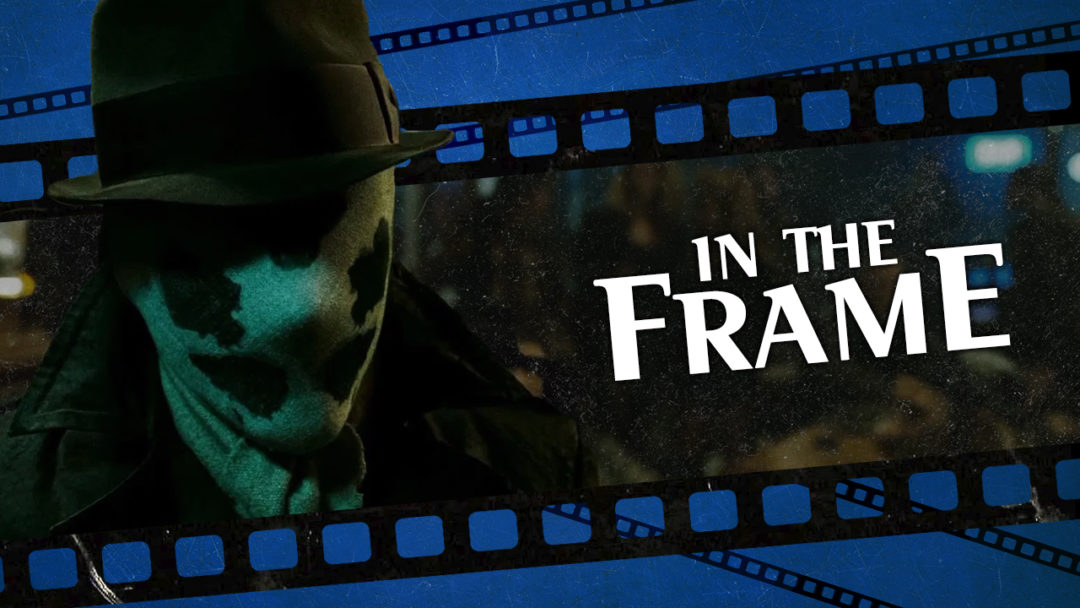





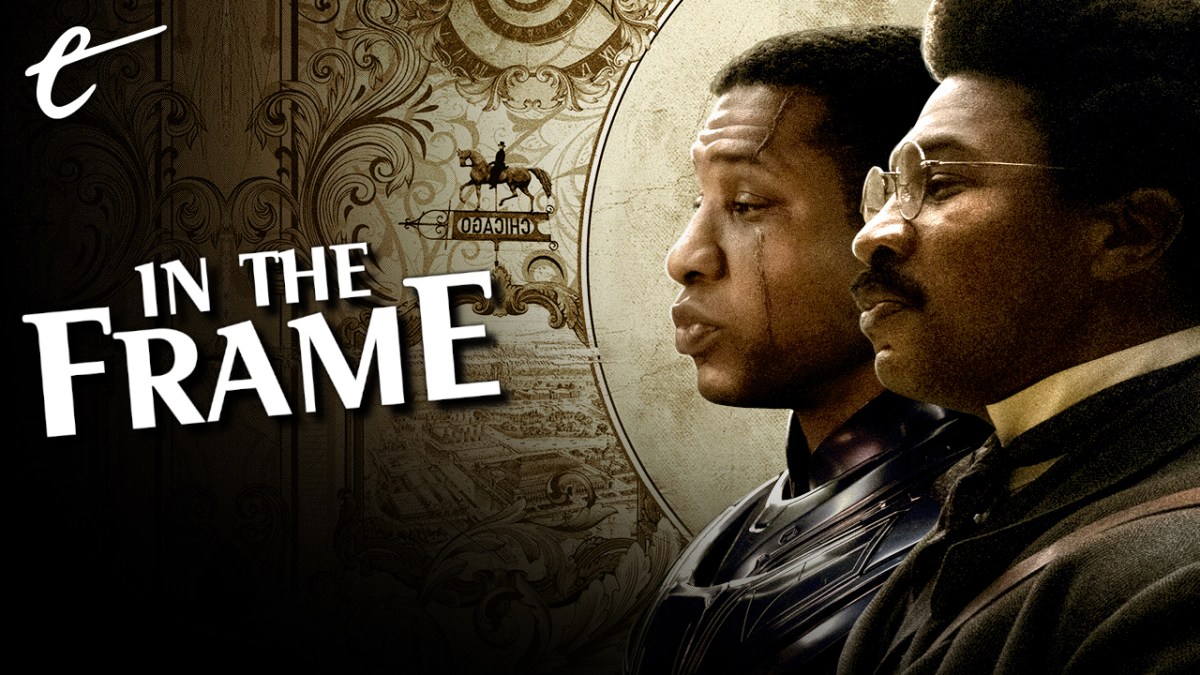

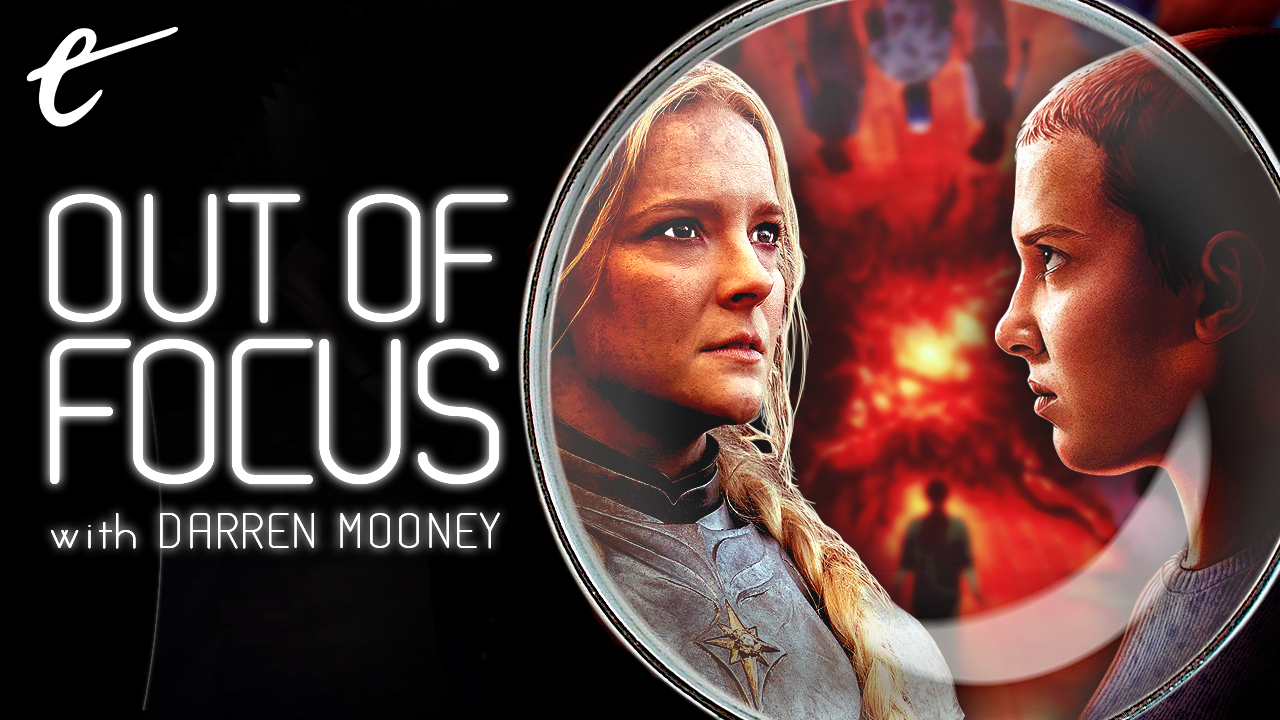
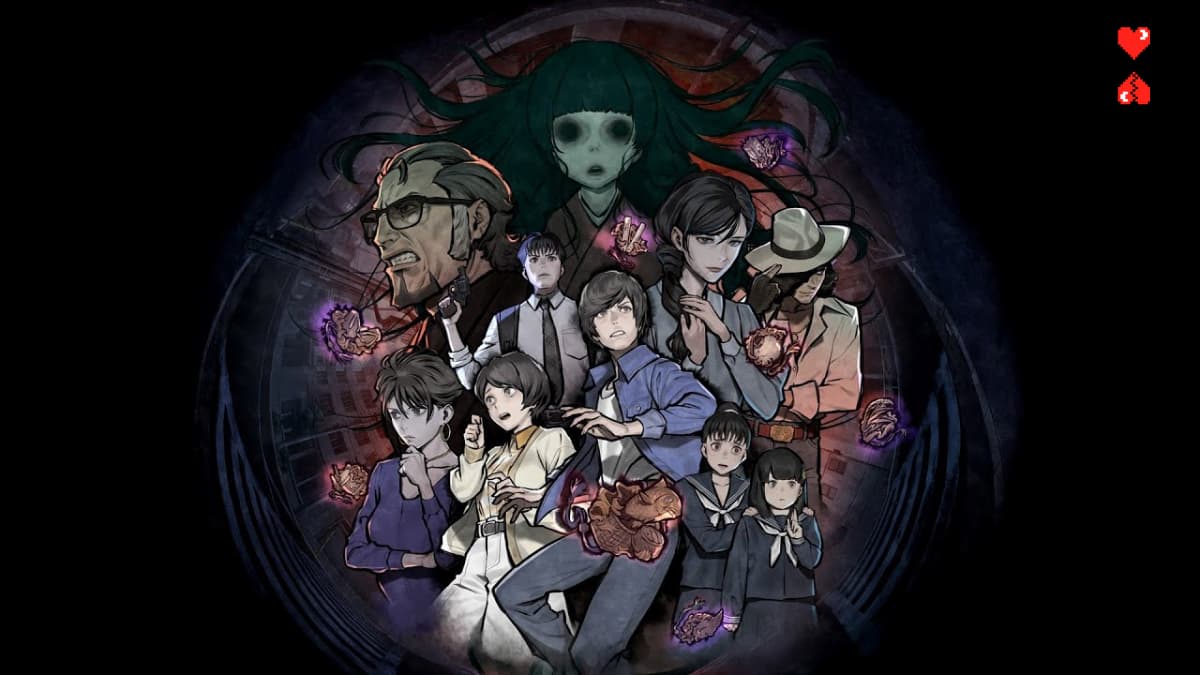
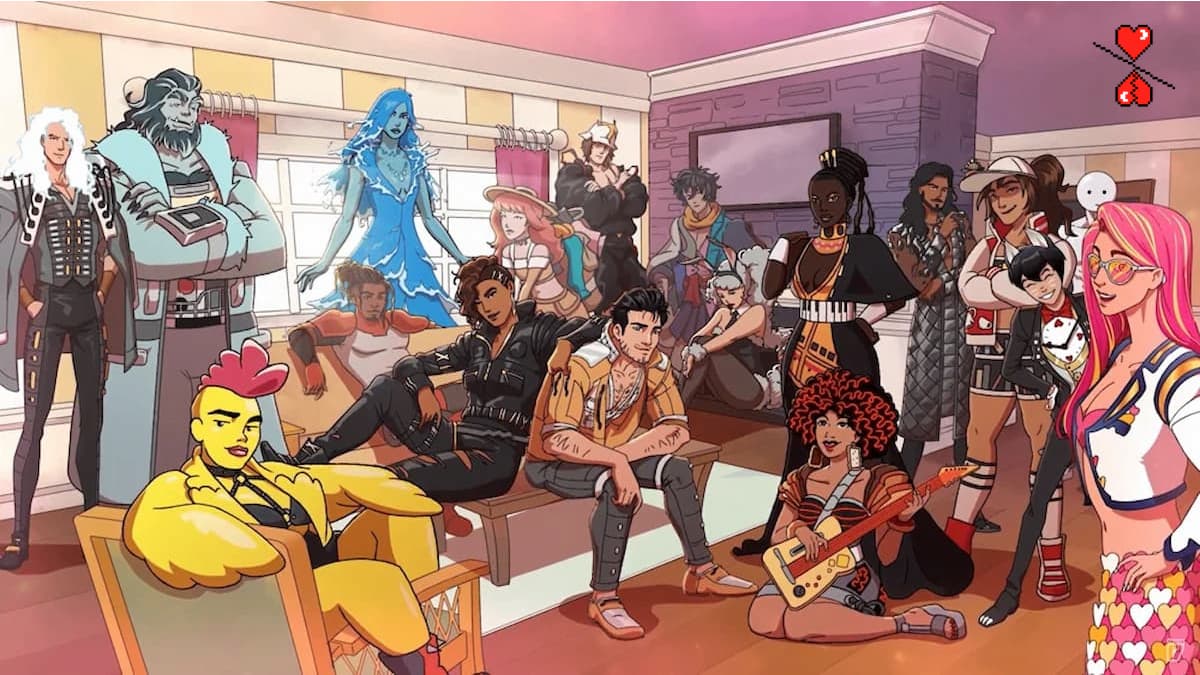


Published: Nov 8, 2019 3:00 PM UTC